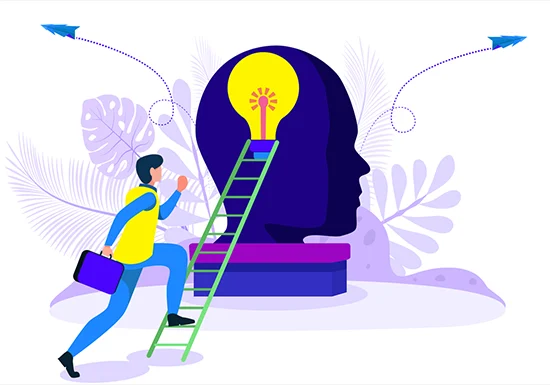Motivation is the Key to Lifelong Learning
Updated: June 19, 2024

“When the student is ready, the teacher appears,” the great Chinese philosopher Lao Tzu once said. How true!
We are quick to identify the teacher as the single most important factor in learning, and this makes sense (and is backed by research), but how good can a teacher be, or be expected to be, if the student is not motivated to learn in the first place? Of course, a truly remarkable teacher will be able to turn a student around completely, taking them from disinterested to engaged, bored to curious, and apathetic to passionate, but these are rare cases and require exceptional circumstances and specific chemistry between the learner and the teacher.
If examination results are bad, or grade averages are low, if attainment falls by the wayside, will administrators get away by telling their boards that the students didn’t do any work, that they didn’t study hard enough? Probably not. And wanting to blame students, or teachers for that matter, for underperformance is not a very productive way of going about the analysis of achievement.
And yet, a truism remains and sometimes we need to be reminded of it. If you are genuinely motivated to learn something, you will learn it. When we want to find out something or appropriate some new skill, learn how to cook a meal or repair a bicycle tyre, we go online and learn about it through a tutorial. That’s how most people learn low-level procedural knowledge today. If there’s a real appetite to know something, all that is necessary is the source material to access the knowledge.
The point is important when we turn inwards and ask what motivates us, what we want to achieve, where we really want to go and why. This is where inner resources, lifelong learning, and motivation become the most important drivers. It is also why education is not just the transmission of knowledge but the activation of the necessary self-awareness and intrinsic motivation to learn, and to carry on learning after school.
Students at University of the People choose to learn online with us because they are lifelong learners—because they want to break out of their present situations to new planes of thought and opportunity through education. This is an extremely powerful vector that propels learning to great heights.
So next time you find yourself bored by someone or not engaged, reflect on the part you must play in that exchange, that it cannot just come from the emission of knowledge or skills but has a lot to do with your own readiness to learn, your own attitude, your own motivation.
